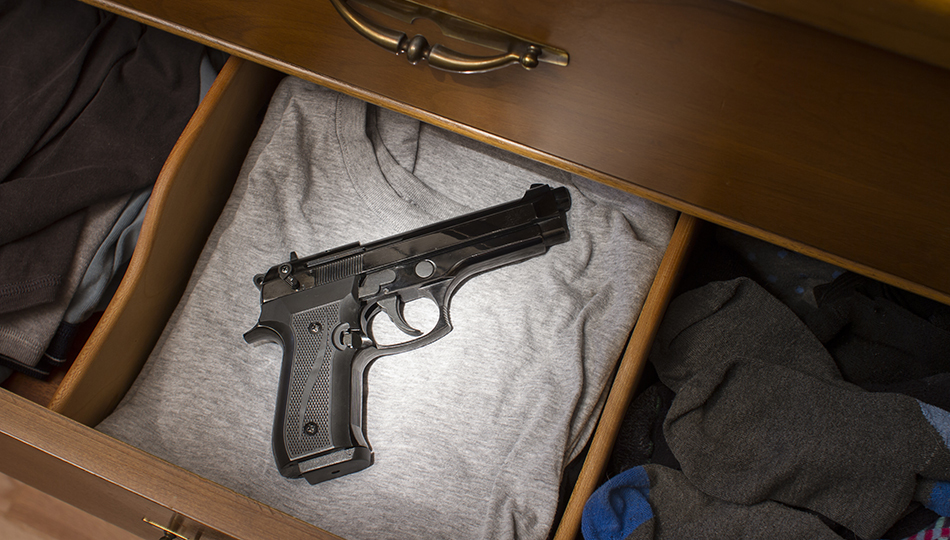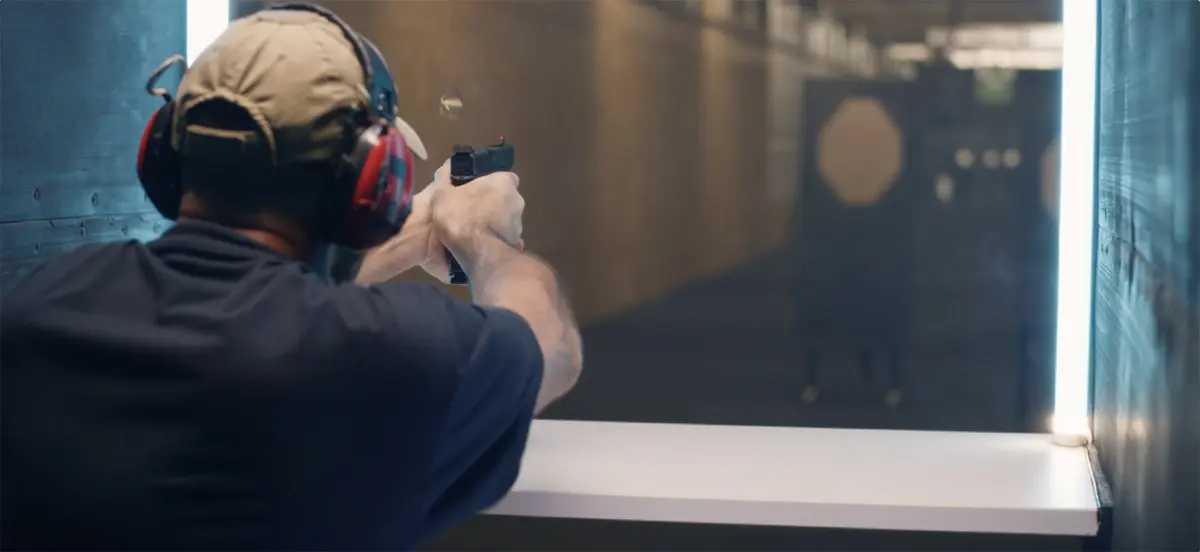
While the right to keep and bear arms is a fundamental right, the courts have held that it is not an unlimited right. There are several ways a person can lose their right to possess a firearm and ammunition. One way a person may become prohibited from possessing firearms or ammunition is through a conviction. Under federal law, any person convicted of a crime that is punishable by a term of imprisonment exceeding one year or any misdemeanor with a maximum possible sentence exceeding two years imprisonment is prohibited from possessing firearms or ammunition. See 18 U.S.C. § 922(g)(1) and 18 U.S.C. § 921(a)(20). Those convicted of enumerated offenses under Pennsylvania law or subject to certain conditions are also prohibited from possessing firearms. 18 Pa. C.S. § 6105. Another common way an individual may lose their right to keep and bear arms is being committed or adjudicated as a mental defective (18 U.S.C. § 922(g)(4)) or being subjected to involuntary mental health treatment under Sections 302, 303, or 304 of the Pennsylvania Mental Health Procedures Act. See 18 Pa. C.S. § 6105(c)(4).
Convictions
If you are prohibited from possessing a firearm under federal law due to a Pennsylvania state-based conviction, only an expungement will restore your rights. Unfortunately, for most convictions, an expungement is only possible if a person a) is at least 70 years of age and has been free of arrest or prosecution for 10 years following final release from confinement or supervision; b) has been dead for three years; or c) has been granted a Governor’s Pardon.
It is a common misconception that a Governor’s Pardon is nearly impossible to receive; however, for the right candidate who takes the proper steps, it can be done.
If you are granted a Governor’s Pardon and successfully petition for expungement of your prohibiting convictions, you will regain your right to purchase, possess, and transport firearms and ammunition!
In the rare instance that a conviction impacts only a person’s Pennsylvania rights under 18 Pa. C.S. § 6105 and does not impact their federal rights, restoration may be accomplished pursuant to 18 Pa. C.S. § 6105(d) and (e). This is most common among people who have an out-of-state conviction that is equivalent to Pennsylvania’s enumerated offenses. Even if you have restored your rights in another state, you may still have to file for restoration to be eligible to possess a firearm in Pennsylvania.
Adjudicated Delinquents
Those who have been adjudicated ‘delinquent’ by a court for certain offenses are also prohibited from possessing a firearm under Pennsylvania law. 18 Pa. C.S. § 6105(c)(7)-(8). For some offenses, the prohibition will expire 15 years after the last applicable delinquent adjudication or upon the person reaching the age of 30, whichever is earlier. 18 Pa. C.S. § 6105(c)(8). For other offenses, the prohibition will never expire unless the individual petitions for either expungement or restoration of rights. 18 Pa. C.S. § 6105(c)(7).
Involuntary Mental Health Treatment
Restoring gun rights after involuntary mental health treatment in Pennsylvania can include either of two distinct processes. The first involves petitioning for expungement of the involuntary commitment pursuant to Section 302 of the Mental Health Procedures Act. 18 Pa. C.S. § 6111.1(g)(2). This will require proving that the evidence upon which the commitment was based was insufficient to satisfy the legal standard for involuntary treatment. Be careful! This process is only available for six years after the treatment took place. See In re P.M., 230 A.3d 454 (Pa. Super. 2020).
The second option for restoring the right to bear arms after mental health treatment in Pennsylvania is to petition for restoration of rights under 18 Pa. C.S. § 6105(f)(1). Currently, this restoration is honored by both the State of Pennsylvania and the federal government. In this process, the petitioner must prove they are capable of possessing a firearm without risk to themself or any other person. Typically, the petitioner will hire a mental health expert to perform an evaluation, prepare a report, and testify in court. Keep in mind that mental health experts should be expected to perform a fair and unbiased evaluation. These professionals are compensated for their time—not their testimony. You should not expect a mental health expert to provide a favorable report simply because you paid their fees.
If you have any questions regarding restoring your right to possess a firearm or any other firearm-related questions, call U.S. LawShield and ask to speak to your Independent Program Attorney.
The information provided in this publication is intended to provide general information to individuals and is not legal advice. The information included in this publication may not be quoted or referred to in any other publication without the prior written consent of U.S. LawShield, to be given or withheld at our discretion. The information is not a substitute for, and does not replace the advice or representation of a licensed attorney. We strive to ensure the information included in this publication is accurate and current, however, no claim is made to the accuracy of the information and we are not responsible for any consequences that may result from the use of information in this publication. The use of this publication does not create an attorney-client relationship between U.S. LawShield, any independent program attorney, and any individual.





What much will it cost
Need help restoring my gun license